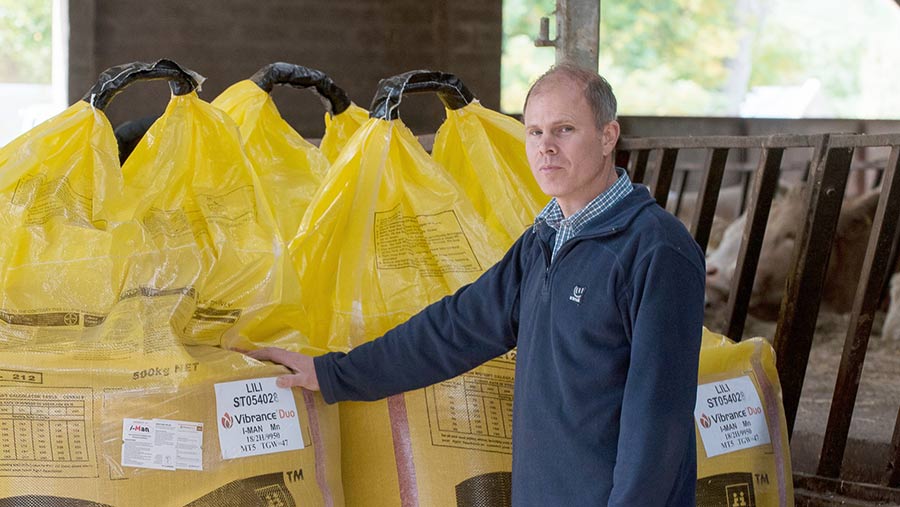Farmer Focus: Problems with swans and frost heave
 © Angus Findlay
© Angus Findlay An incredibly dry winter has allowed ploughing to continue most days, with land turning over in ideal conditions, which should easily be made into a seed-bed for the spring barley.
During the second half of February it felt more like April and I had to keep looking at the calendar for a reality check when it felt like we should be further on with spring work.
March seems to have brought a return to more seasonal conditions, with frost and more unsettled weather.
See also: How Norfolk farm grows malting barley for well-known brewer
If we get an inch or so of rain this week it would do a lot of good, washing in the fertiliser that has been applied to winter crops and stopping the recently ploughed land from drying out too quickly, helping to ensure an even germination when we do start drilling.
Bird bother
Winter crops generally look well, although geese have been an intermittent problem all winter and we seem to have become the favoured wintering ground for about 200 swans with a taste for oilseed rape.
They are much harder to move on than geese, barely moving to the other side of the field when you walk towards them.
A frosty week in early February has also caused frost heave in some of the winter barley, with the freezing and thawing action lifting whole plants onto the surface.
If conditions become suitable, I will try to roll these fields to help restore some root contact with the soil, although I often feel this only makes you feel better having done something, rather than making any significant difference.
As we wait for more certainty on Brexit, the commodity markets all seem to be going the wrong way.
Whatever happens at the end of the month will hopefully turn this around, but there could be considerable risk from exchange rates if a deal is struck.
I believe that if you want to book a holiday for April there are bargains to be had, but in this job April is certainly not a holiday month, so I will have to look for positives elsewhere.

